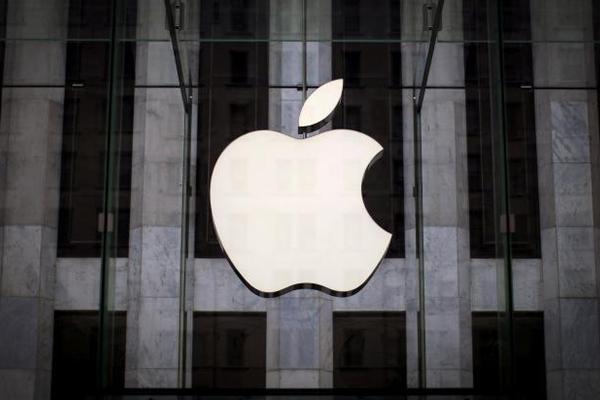The Alexa voice-controlled digital assistant has coffered hope that it can deliver the elusive promise of easy-to-use- technology that can control gadgets around the household with just a few spoken words.
Amazon's emergence has undoubtedly ensured a long-term battle with Apple and Google to exert control in the 'smart home' race. Amazon has adopted what analysts have described as an 'open-systems' approach that allows quick development of many features. In contrast to this Apple have embarked on a much pedestrian route - it has attempted to assert control over the technology in order to assure security and ease-of-use.
The strategic importance of the 'connected home' niche looms large, Amazon wants to establish and identify a way to own its customer interactions - mainly online shopping, without an Apple smartphone or a Google web browser as the means in doing so. It's evident Apple needs to keep the iPhone at the center of its customer's lives - and it has constructed home automation architecture named 'Home-kit' into its devices.
Google is behind in the three-way race, despite investing heavily in both intelligent assistant software and home-automation devices, such as the 'Google Home' speaker. It faces many challenges to catch up, with analysts suggesting the introduction of the speaker to market in November was too late.
Apple has a distinct advantage in terms of setup - iPhone owners can open up the 'home app' and establish a device with just a few easy taps. In contrast to this, Alexa customers have to download the gadget's companion app first, set up the device and then add a 'skill' to Alexa in the application.
Amazon concedes that unlike Apple, it can't guarantee the security of third-party devices. A company spokeswoman did note that sensitive commands like unlocking doors have an extra layer of security such as a voice-controlled PIN.
Still, it's not clear whether Apple's elaborate, but slow-to-develop system will have enough advantages to overcome Amazon's widening lead.
"The danger I see for Apple and the home is they're assuming that because I have a smartphone that may be an Apple device, that alone is enough of a Trojan horse to establish their mindshare," said Andreas Stavropoulos, a partner at venture capital firm DFJ. "I wouldn't say that's certain yet."


















